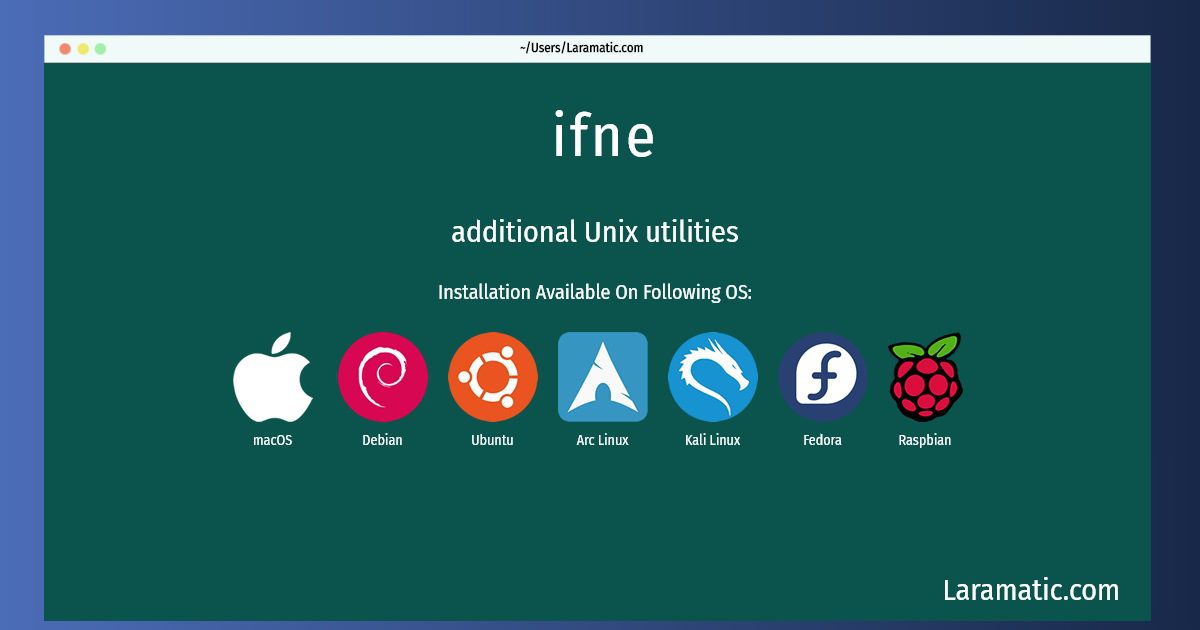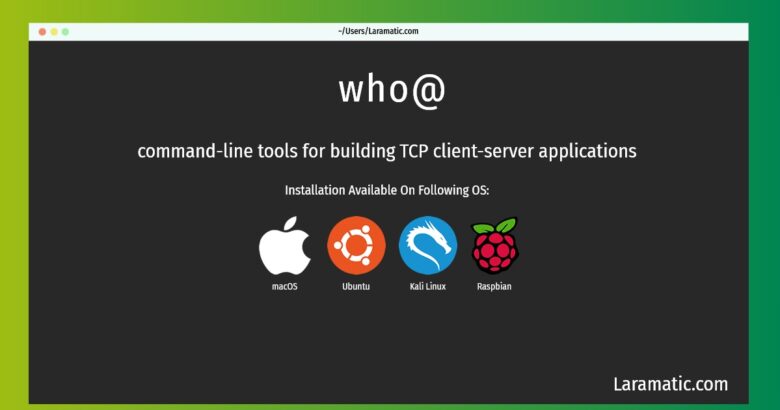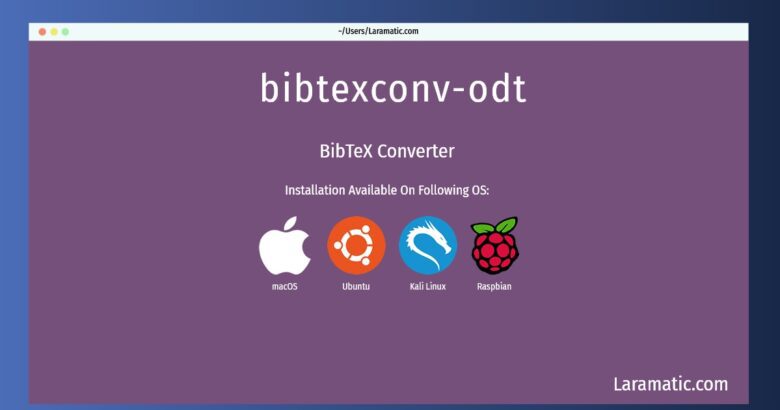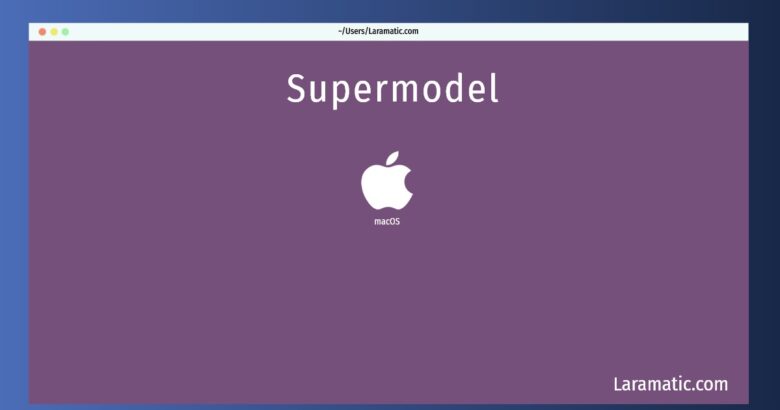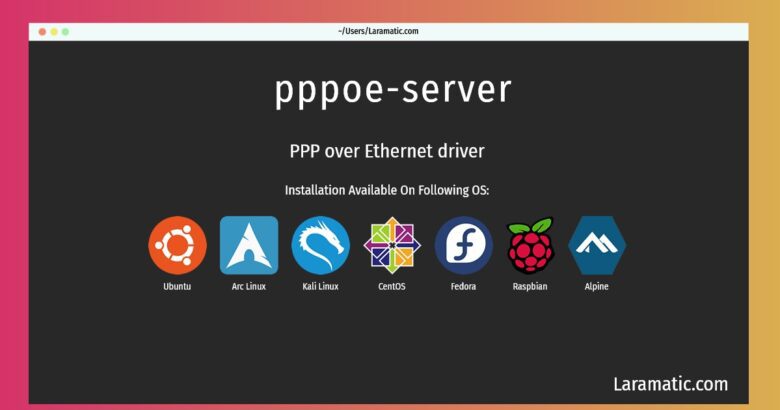How To Install Ifne?
Install ifne
-
Debian
apt-get install moreutilsClick to copy -
Ubuntu
apt-get install moreutilsClick to copy -
Arch Linux
pacman -S moreutilsClick to copy -
Kali Linux
apt-get install moreutilsClick to copy -
Fedora
dnf install moreutilsClick to copy -
Raspbian
apt-get install moreutilsClick to copy -
macOS
brew install moreutilsClick to copy
moreutils
additional Unix utilitiesThis is a growing collection of the Unix tools that nobody thought to write long ago, when Unix was young. So far, it includes the following utilities: - chronic: runs a command quietly unless it fails - combine: combine the lines in two files using boolean operations - errno: look up errno names and descriptions - ifdata: get network interface info without parsing ifconfig output - ifne: run a program if the standard input is not empty - isutf8: check if a file or standard input is utf-8 - lckdo: execute a program with a lock held - mispipe: pipe two commands, returning the exit status of the first - parallel: run multiple jobs at once - pee: tee standard input to pipes - sponge: soak up standard input and write to a file - ts: timestamp standard input - vidir: edit a directory in your text editor - vipe: insert a text editor into a pipe - zrun: automatically uncompress arguments to command

